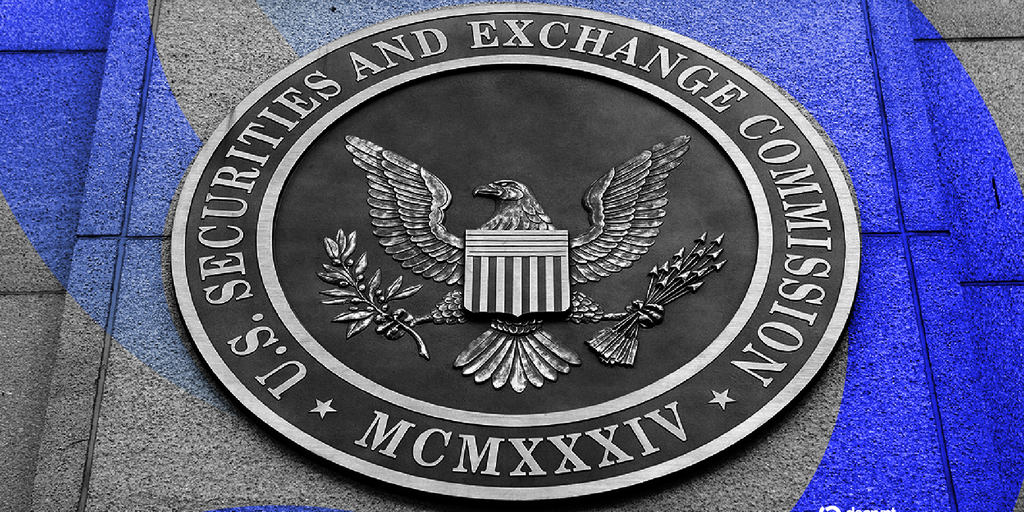In short
- CBOE BZX has submitted to the SEC to list the Invesco Galaxy Solana ETF, and offers investors regulated access to Solana, including the potential to earn rewards.
- The submission argues that the trade volume of Solana justifies approval without a Futures market monitoring agreement, which quotes $ 2 billion in daily volume over large fairs such as Coinbase and Binance.
- Yet some are concerned that the alleged centralization of Solana and “manipulation” risks can be due to the proof-of-stake model.
CBOE BZX has submitted a formal proposal to the US Securities and Exchange Commission that requires approval to state shares of the Invesco Galaxy Solana ETF, and the efforts to bring Solana to regulated American markets.
The submitSubmitted on Monday, represents a joint venture between Global Asset Manager Invesco and crypto-oriented financial company Galaxy Digital.
The proposed listed fund would offer investors regulated access to the native token of Layer 1 blockchain Solana Through traditional securities markets.
The submission says it would follow the “Lukka Prime Solana Reference Rate” and make both cash and kind and make repayment of shares possible.
The rate is a real-time price benchmark that collects Solana prices from large stock exchanges such as Coinbase and Binance, updated every 15 seconds to offer reasons for real market value.
The trust can also set up part of its SOL companies through trusted strike providers, which may generate extra returns for investors.
The market characteristics of Solana justify approval without requiring an agreement for sharing surveillance with a regulated Futures market, says the proposal.
Kadan Stadelmann, Chief Technology Officer on Komodo Platform, said Decrypt That proof-of-stake networks such as Solana pose unique risks for regulated investment products.
Proof-of-stake models create centralization risks, because “Validators are validators by setting up tokens” instead of computational sources, Stadelmann said.
Stadelmann also warns that “the thin trade book of Solana opens the door for market manipulation” and notes that “few validators control a large percentage of stant -sol, which increases the risks of potential collusion”.
The Solana ETF entering is confronted with a challenging regulatory environment characterized by recent delays and mixed signals from the SEC despite Pro-crypto-leader.
On July 30, the office his decision postponed On the individual Ethereum ETF proposal from Invesco Galaxy until 25 September, with reference to the need for “further evaluation”.
Regular delays
The SEC has also delayed decisions about several other crypto products, push back The Truth Social Bitcoin ETF -Deadline until September 18 and Grayscale’s Solana Trust Conversion until October 10.
This month alone, the desk blocked two Personnel approved Multi-ASCHET Crypto ETFs: The Digital Large Cap Fund from Grayscale And Bitwise’s 10 Crypto Index ETF.
In the meantime, CBOE BZX has both together with Nyse Arca individual proposals submitted Ask the SECs to fundamentally change how crypto ETFs are approved.
The exchanges want certain products to be automatically stated without regulatory assessment, which means that crypto ETF treatment is in accordance with traditional asset classes.
Daily debrief Newsletter
Start every day with the top news stories at the moment, plus original functions, a podcast, videos and more.

